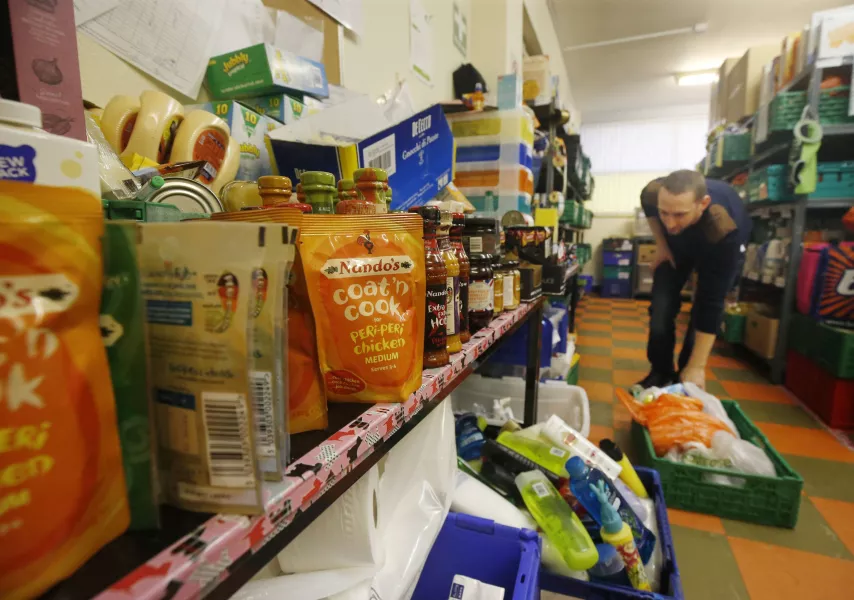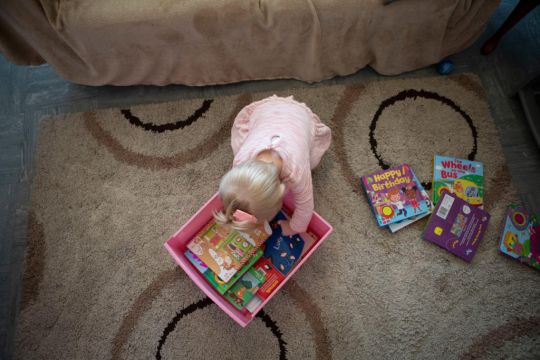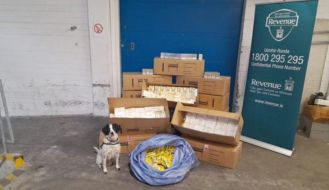Relationship breakdown and parental job losses are key triggers for transitions into child poverty, new research has found.
Living in poverty, especially over a protracted period of time, has far-reaching consequences for children’s development and well-being, the Economic and Social Research Institute (ESRI) research found.
The study was part of a research programme between the ESRI and the Department of Children, Equality, Disability, Integration and Youth, and was being launched on Monday by Minister O’Gorman.
The two cohorts of the Growing up in Ireland (GUI) survey provided evidence of the economic circumstances of children from infancy to nine years (2008 cohort) and from nine years to 17 years (1998 cohort).
The ERSI said it used a multi-dimensional measure of poverty that incorporated low income, deprivation and having difficulty making ends meet.
The survey found that the impact of the recession was clearly visible in both cohorts, with rates peaking in 2011 and 2012.
Poverty was a common experience for children and young people, with around four-in-10 experiencing at least one spell over the period of the study, from 2007 to 2017.
In around half of these cases, families were always or persistently poor, while for the other half poverty was a one-off or transient.

Persistent poverty was more common among children and young people living in one-parent or large families with four or more children.
Maternal characteristics measured at the first interview including low education, ethnic minority status, disability and unemployment were also strongly predictive of persistent poverty.
Relationship breakdown was a key risk for child poverty.
In the 1998 cohort, families where a partner had left the household between surveys were 2.5 times more likely to become poor than families where there was no partnership change.
In the 2008 cohort, the risk was 3.5 times greater.
The study highlighted the importance of mothers’ and fathers’ employment for family moves into and out of poverty.
Maternal job loss was as important as paternal job loss for becoming poor in mid to later childhood and was almost as important in early childhood, the survey found.
While entering full-time work triggered poverty exits, taking up part-time work did not.
Poverty during childhood was associated with worse outcomes across almost all key aspects of a child’s life, including cognitive and educational attainment, school engagement, socio-emotional development, life satisfaction, self-concept, having a chronic illness/disability, obesity, and health behaviours.
For most outcomes, there appeared to be a cumulative effect of poverty exposure, in that outcomes were worse in the case of persistent or constant exposure.
Even children who had just a one-off experience of poverty had worse outcomes than those who had never been exposed.
The relationship between duration of poverty exposure and outcomes was equally strong for both cohorts, suggesting that effective policy interventions could be made throughout children and young people’s lives and not only in early childhood.
Dr Helen Russell, research professor at the ESRI and one of the report authors, said: “There is a wide body of evidence that shows the detrimental effect of childhood poverty in both the short and longer term.
“This research highlights family and labour market events that trigger entry and exit from poverty, which can help inform policy interventions.”







